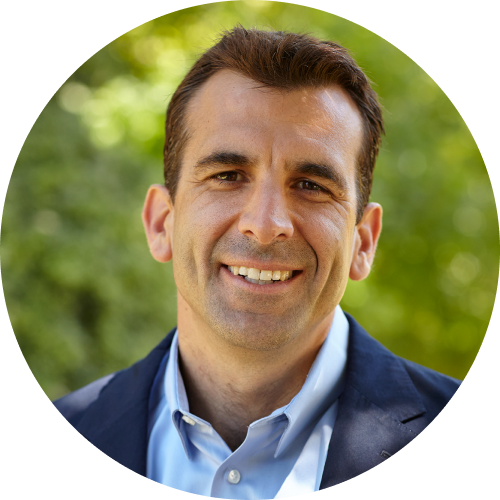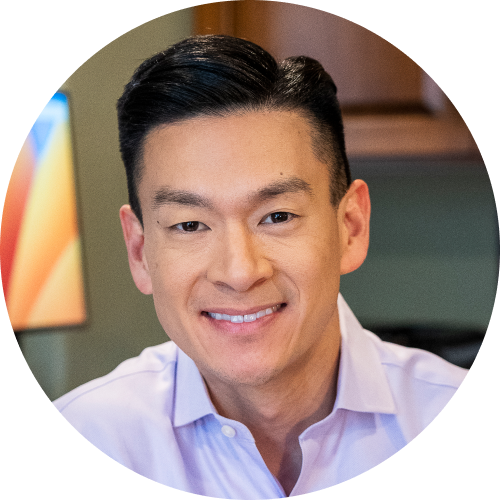U.S. House of Representatives, District 16
Top candidate wins seat.
99% of votes countedAssociated PressThis percentage is an Associated Press estimate of how much of the vote in an election has been counted. It is informed by turnout in recent elections, details on votes cast in advance and – after polls close – early returns. The estimate may fluctuate as election officials report additional results and AP learns more about how many voters have cast a ballot.
Results are provided by the Associated Press (AP). The AP calls winners by analyzing vote tallies and other election data. Check marks are used to denote a winner only when the AP calls a race.
Why does this race matter?
U.S. Rep. Anna Eshoo’s decision not to seek reelection after more than three decades in Congress opened up this reliably liberal Silicon Valley seat, covering communities from Pacifica to San José.
What does a U.S. representative do?
Representatives are your local community’s voice in the U.S. House of Representatives. Members of Congress write and vote on bills, including the federal budget. The winner will serve a two-year term.
Candidates


Key Supporters
For Liccardo
- Matt Mahan, mayor, San José
- Ray Mueller, supervisor, San Mateo County
- Jeff Rosen, district attorney, Santa Clara County
- Jackie Speier, former U.S. representative
- Everytown for Gun Safety
For Low
- Laphonza Butler, U.S. senator
- Gavin Newsom, governor, California
- California Democratic Party
- California Labor Federation
- California Teachers Association
Positions on Key IssuesCandidate summaries are based on interviews with the candidates, questionnaires, statements made at debates and public events, and past news coverage.
Do you support the terms of the failed bipartisan immigration agreement supported by President Joe Biden earlier this year that included more money for border security and limits on asylum seekers?
How will you approach regulation of the tech industry? Do you support the law signed by President Biden to ban TikTok, which is owned by a Chinese company, unless it is sold?
How have you helped the Bay Area’s transit needs? What is your vision to fill the current $700 million funding shortfall in the South Bay BART extension?
What policies have you supported and will you support to reduce carbon emissions and help residents deal with the effects of climate change?
To learn more about how we use your information, please read our privacy policy.
Signed up.
More Results
See results for all elections on the San Mateo County ballot.
See results for all elections on the Santa Clara County ballot.
Have a correction? Contact voterguide@kqed.org.